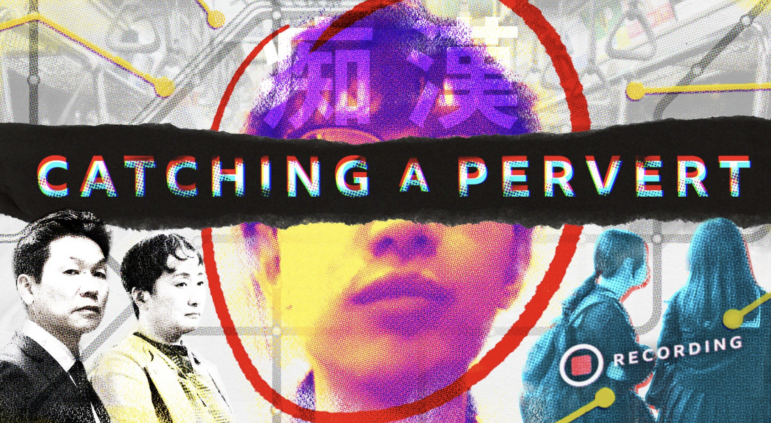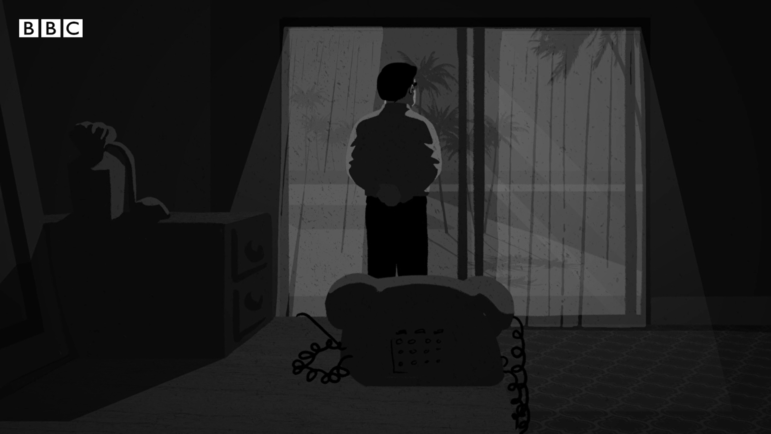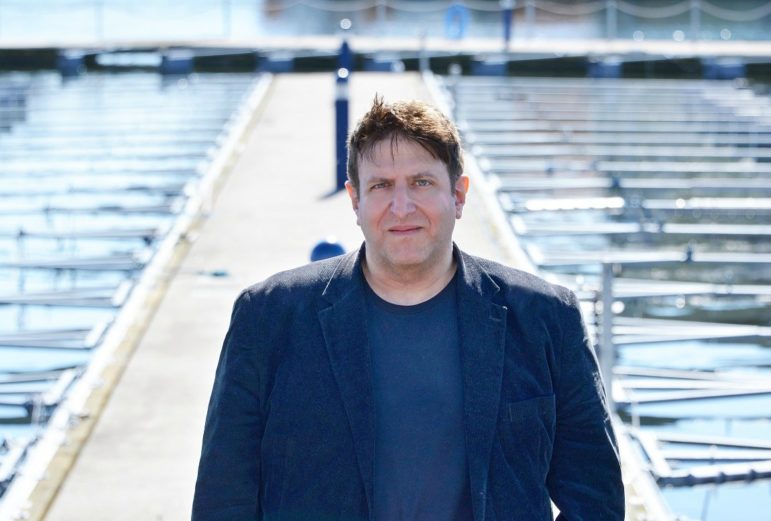
Case Studies Investigating Institutions
How BBC Newsnight Exposed British Healthcare Scandals
Reporters and editors from BBC’s flagship investigations program, Newsnight, share some lessons learned from three standout investigations into healthcare.

Reporters and editors from BBC’s flagship investigations program, Newsnight, share some lessons learned from three standout investigations into healthcare.

GIJN spoke to journalists behind ‘Catching a Pervert,’ BBC Eye’s year-long investigation into the people profiting from the public sexual abuse of women.

GIJN Arabic interviews BBC reporter Emir Nader about how his investigative team verified the leak of Tunisian President Zine El Abidine Ben Ali’s final, frantic phone calls before his 23-year-long dictatorship crumbled in 2011 at the start of the Arab Spring uprising.

Longform video investigations are increasingly seen as a significant vehicle for investigative journalism, and in a GIJC21 session on “Breaking into Documentaries,” a team of award-winning filmmakers and commissioning editors shared tips on how journalists can break into the field.

For this week’s Friday 5, where GIJN rounds up interesting journalism news in English from around the world, we read about the ways journalists investigating financial crimes and corruption are pressured, the ethics behind unpublishing stories, and a new database of European Union arms exports.
Investigative filmmaking on the coronavirus pandemic is continuing apace, despite the obstacles presented by travel restrictions, health risks, and the relentless daily news cycle. There are plenty of opportunities for journalists to work with major broadcasters, including GIJN’s new online tool to pitch commissioning editors, launched at our latest webinar on collaborative TV and video investigations.

For the inception of a BBC’s R&D project to explore alternatives to conventional news formats, the BBC’s Tristan Ferne conducted a review of the landscape of digital news, looking for innovations in article and video formats online. Here’s the 12 categories he came up with — along with a few others that didn’t quite fit his model.

The boom of internet technology and social media networks have allowed journalists to access information which had previously been out of reach. Apps, sites and devices let ordinary people in extraordinary circumstances become reporters. However, internet research expert Paul Myers cautions that investigative journalists need to be incredibly sensitive when running stories and never expose innocent people to attack and ridicule.

Freedom of information requests can generate unique stories on a wide range of subjects. Here’s a sampling that covers fishing, Uber, football and a suspect land deal. They’re united in revealing the potential for developing stories based on requesting information — about government permits, local crime statistics and official correspondence.

The BBC has more journalists than any other media outlet in Britain, but out of those 4,000 men and women, yes 4,000, precisely none of them work in an investigations unit. The Sunday Times, Guardian, Telegraph and Mail have far less journalists between them but they all maintain centralized investigations units.